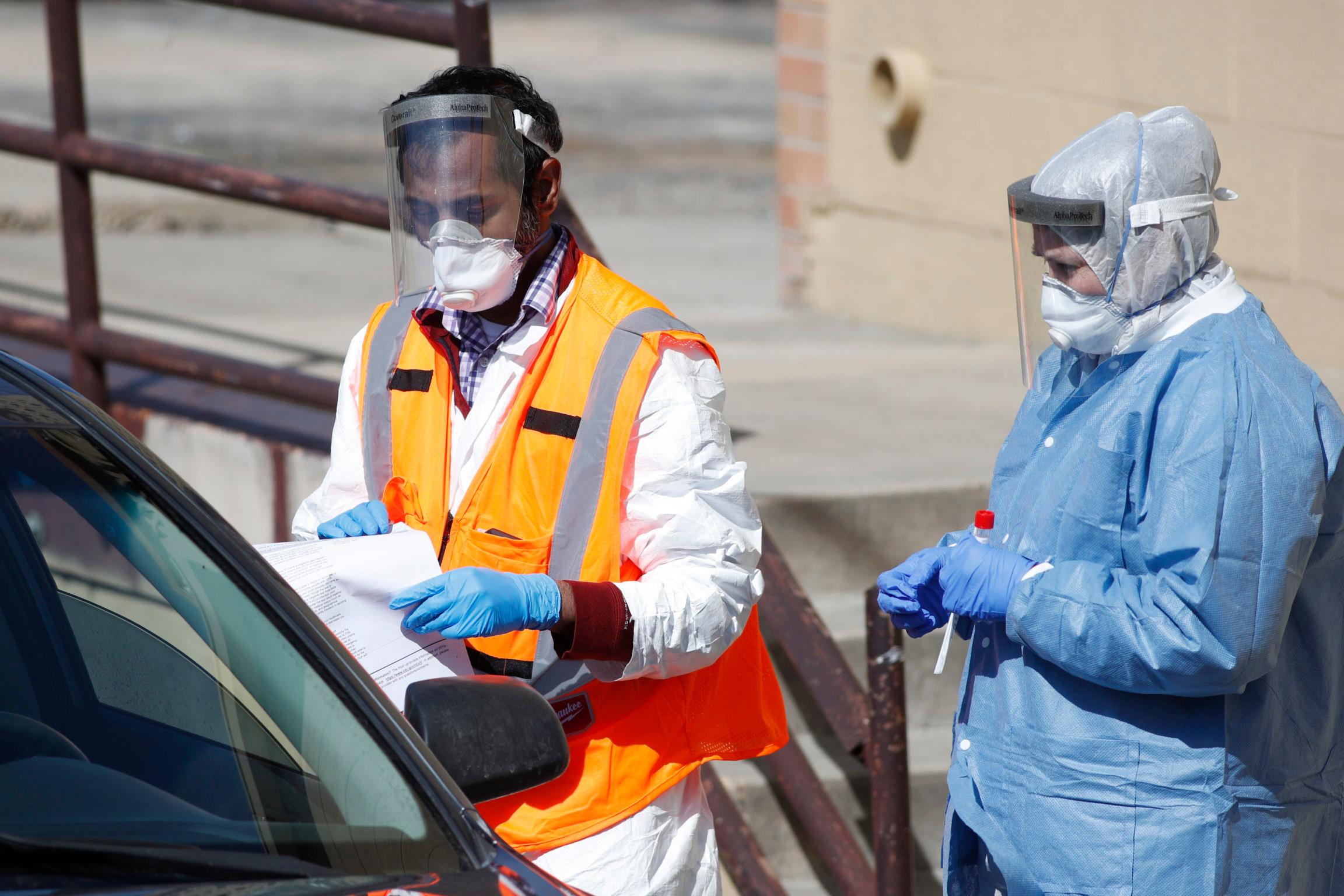
Colorado has received 4,500 new COVID-19 kits to test health care workers and first responders, said Mike Willis, Colorado's director of the state Office of Emergency Management.
Colorado is taking advantage of a program from the U.S. Department of Health and Human Services that provides test kits and other equipment for the exclusive use of frontline workers in the battle against the novel coronavirus.
“The longer we can protect [health care workers] the stronger our health care system is and the more prepared we can be when the surge comes in,” Willis said.
The new kits are the latest effort to move toward more targeted testing in the state. After initially hoping for more kits from the federal government and private laboratories, Colorado, like other states, was forced to acknowledge that widespread testing of residents is not likely to be possible in the short term.
So the state has used some of the limited numbers of tests on targeted groups, including those who would be counted upon to staff hospitals and ambulances in the event of a surge of cases statewide.
While the state has seen isolated pockets with large numbers of patients seeking medical care for COVID-19, officials worry that the big surge is yet to come.
“There’s no evidence that any part of the state is truly seeing a surge that is having a negative impact on the health care system so far,” said Scott Bookman, the incident commander for the Colorado Department of Public Health and the Environment.
Under the same federal program, the state expects to soon receive another 2,500 test kits.
Colorado also received two shipments of personal protective gear and other equipment from the Strategic National Stockpile and an expected third batch on the way. However, the state acknowledges it won’t be nearly enough to fill the need and doctors and nurses have complained they’re reusing equipment like masks because of a shortage.
In response, Willis said the state is working now to acquire more gear from public and private sources.
As for testing for the virus, Bookman noted that the lack of adequate testing has made it challenging to contain outbreaks throughout the state and identify the greatest areas of need.
The hope is to do much more widespread testing as soon as possible. In the meantime, they've “used modeling data from other states and countries to try to understand what the future may hold for Colorado.”








